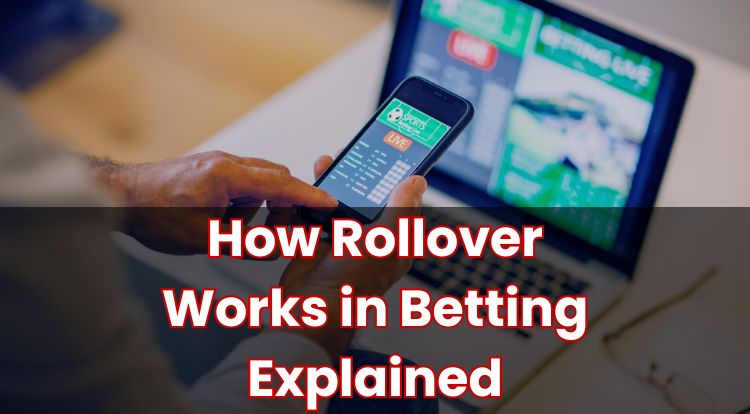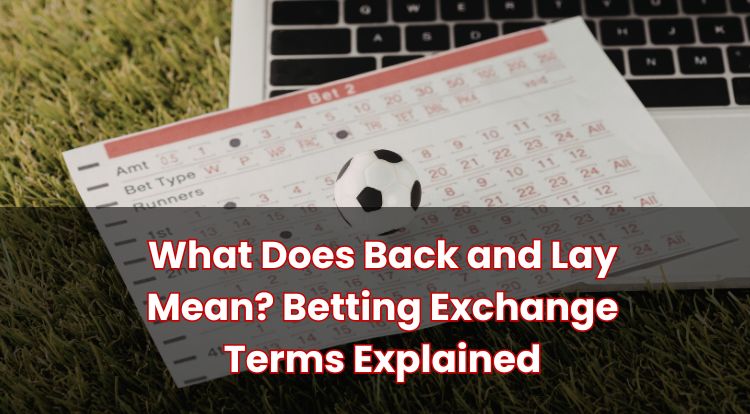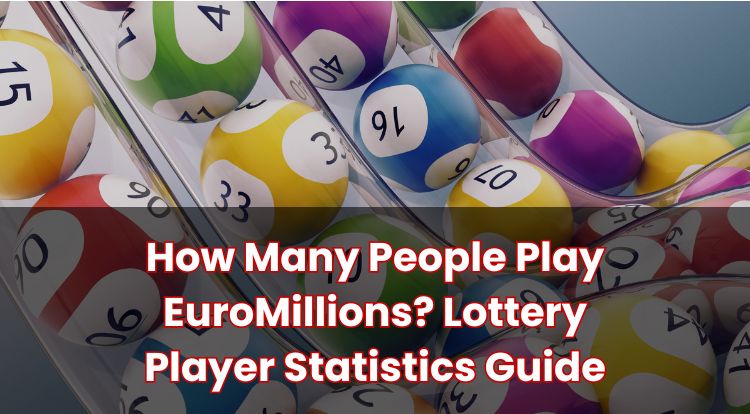Is Matched Betting Gambling? UK Laws on Matched Betting
Ever come across the term “matched betting” and wondered what it’s all about? It often appears alongside sports offers and free bets, but the mechanics are not always clear.
Plenty of people are unsure whether matched betting counts as gambling or sits in a separate category. UK rules can make it feel complicated, especially when you factor in how the UK Gambling Commission (UKGC) regulates betting.
If you are not sure where matched betting fits in with UK law, or how it is treated compared with other betting activities, you are not alone. This article explains what matched betting is, and how UK law views it. Read on to learn more.
What Is Matched Betting and How Does It Work?
Matched betting is a method that uses bookmaker promotions to place two opposing bets on the same event. One bet backs an outcome with a bookmaker, and the other lays that outcome on a betting exchange. By covering different results, people aim to turn the value of a promotion into withdrawable funds, subject to the terms set by each site.
This approach is commonly discussed in connection with sports such as football, horse racing and tennis. It is not the same as playing slots or table games, because it relies on sports markets and the ability to place lay bets on an exchange. The practical side hinges on checking the rules for any free bets or bonuses, including eligibility, minimum odds and expiry times.
Some see matched betting as a numbers-based way of using promotions, rather than placing a single bet and hoping for the best. Outcomes still rely on following the specific terms of each operator and understanding how the exchange side works.
If you do decide to try your hand at sports betting, remember to do so responsibly and within your means; never wager more than you can afford to lose.
Is Matched Betting Considered Gambling in the UK?
Yes. Under the Gambling Act 2005, placing a bet is gambling, even if a second bet is used to cover the outcome. Matched betting involves placing real bets with bookmakers and betting exchanges, so it falls squarely within this definition.
The UKGC regulates the operators that offer these services, and it treats matched betting in the same way as any other betting activity. That means age restrictions, identity checks and the usual account safeguards apply, regardless of whether a free bet or your own funds are used.
How UK Gambling Laws Apply to Matched Betting
In the UK, all betting activity is covered by the Gambling Act 2005, and matched betting is no exception. If you take part, your bets should be placed with operators that hold a UKGC licence. This is what ensures verification checks, secure payments and clear complaint routes are in place.
Bonus terms are particularly important. Operators set conditions for how and when a free bet can be used, which markets qualify, the minimum odds allowed and whether any wagering or settlement steps are needed. Checking these details could help to avoid confusion if you come to place a back bet with a bookmaker and a lay bet on an exchange.
These requirements are the same rules that apply across regulated sports betting in the UK.
Is Matched Betting Legal for UK Players?
Matched betting is entirely legal for UK players, as it involves using free bets and promotions offered by licensed bookmakers in a legitimate way. However, players must ensure they follow the terms and conditions of each bookmaker to avoid breaching any account rules.
What Do the UK Gambling Commission and HMRC Say?
Matched betting is legal in the UK for anyone aged 18 or over. It uses promotions and markets provided by licensed bookmakers and exchanges, and the same consumer protections apply as they do for all betting.
The UKGC views matched betting as a form of gambling. If you want to confirm an operator’s status, you can check the public register on the Commission’s website.
HM Revenue and Customs does not treat gambling profits as taxable income for individuals. If you gain from matched betting, you do not need to declare those profits on a self assessment tax return.
Do You Need to Pay Tax on Matched Betting Winnings?
In the UK, betting winnings are not taxed for individual players. This includes profits from matched betting, whether your bets are placed online or in person with licensed operators.
HMRC’s position is straightforward. Gambling winnings are not subject to income tax for individuals, so you can keep what you make without adding it to your annual return. Operators pay taxes on their business activity, which is separate from how player winnings are treated.
This tax position applies to people betting in a personal capacity. If your situation is unusual, for example you operate a business connected to betting, it might be a good idea to seek professional advice or review HMRC and UKGC guidance. In short, matched betting sits within the UK’s regulated gambling framework, it is legal for adults, and individual profits are not taxed. Always keep responsible gambling practises in mind.
**The information provided in this blog is intended for educational purposes and should not be construed as betting advice or a guarantee of success. Always gamble responsibly.
*All values (Bet Levels, Maximum Wins etc.) mentioned in relation to these games are subject to change at any time. Game features mentioned may not be available in some jurisdictions.





